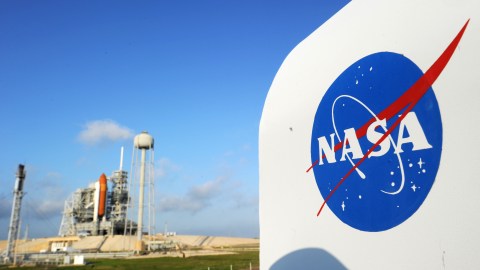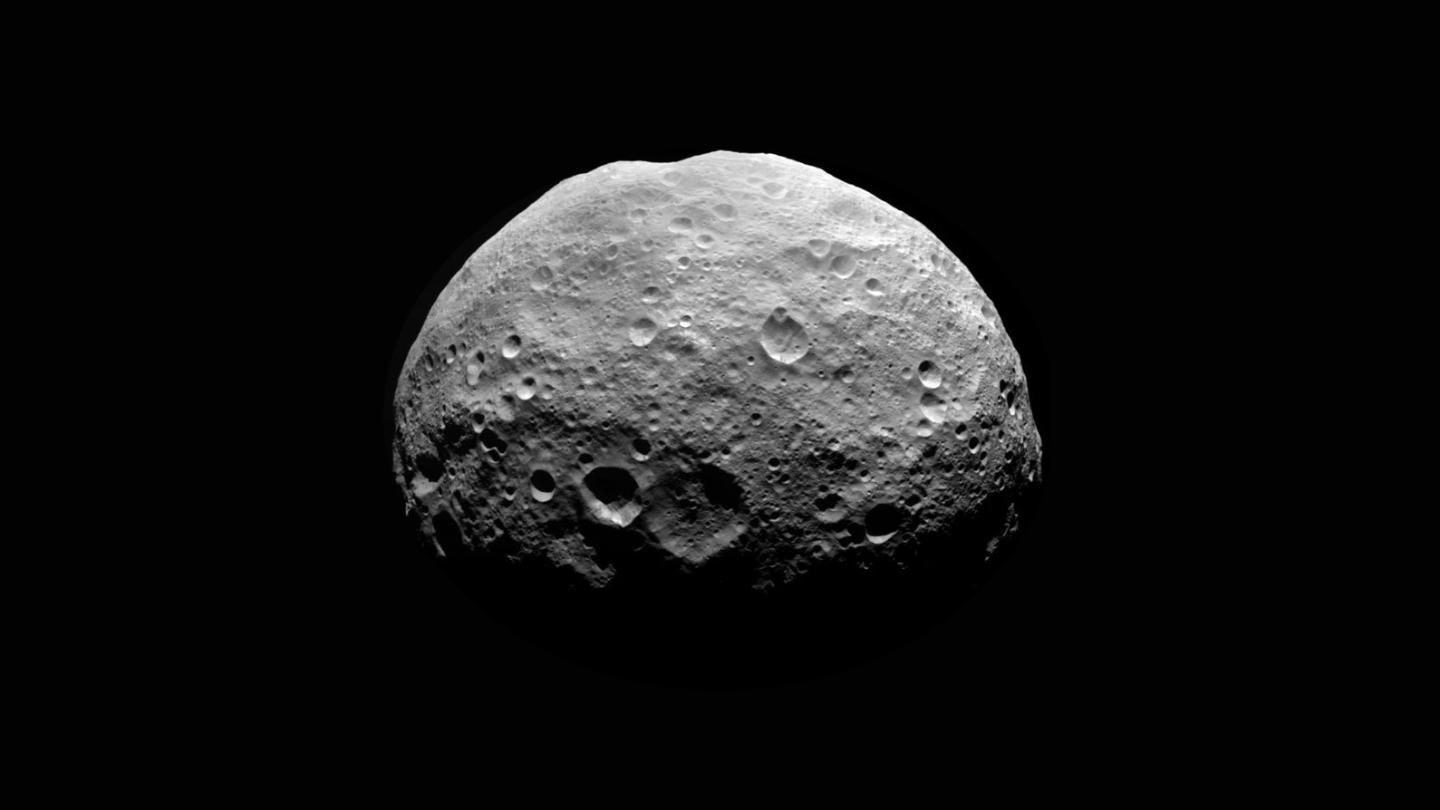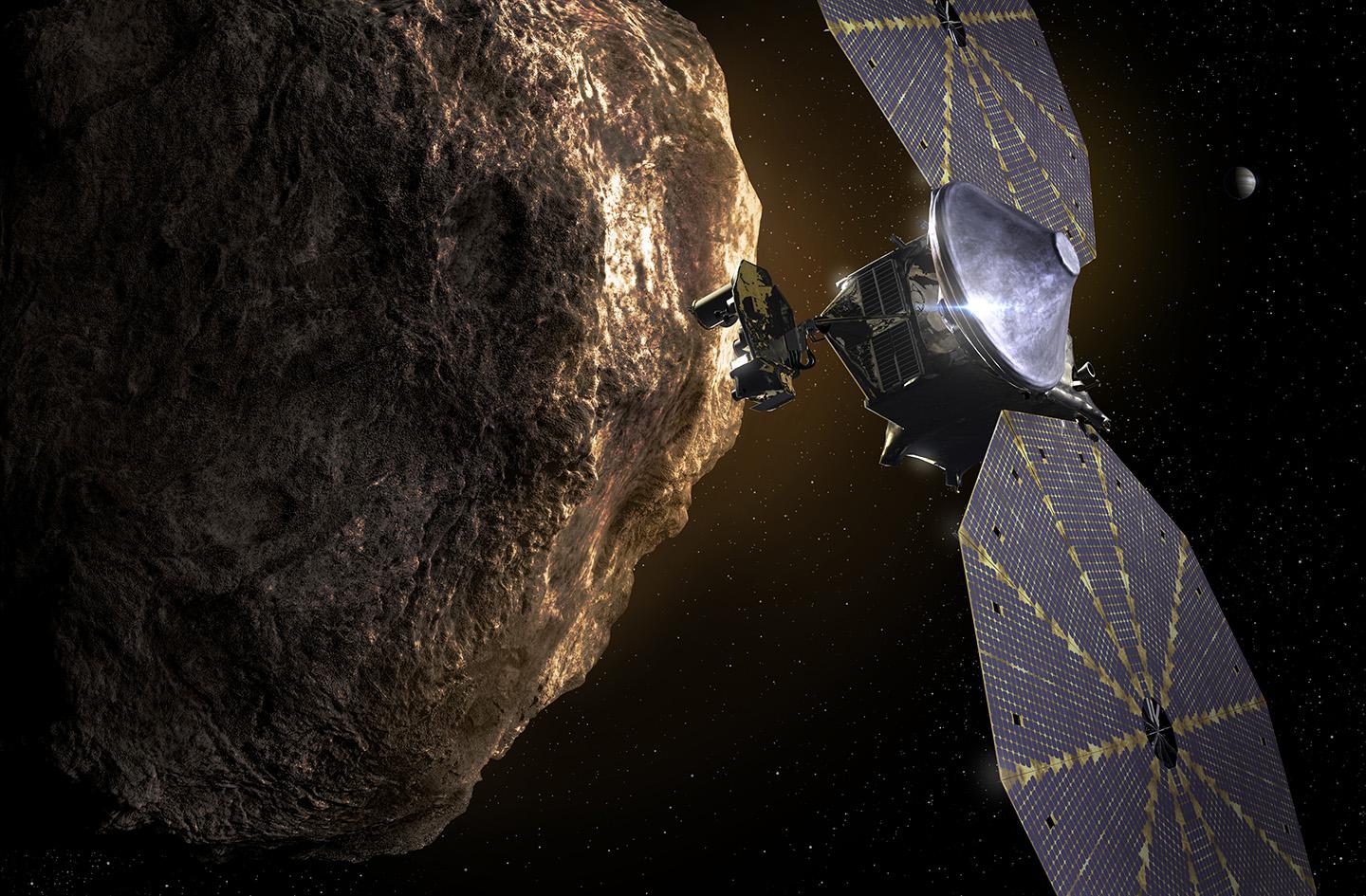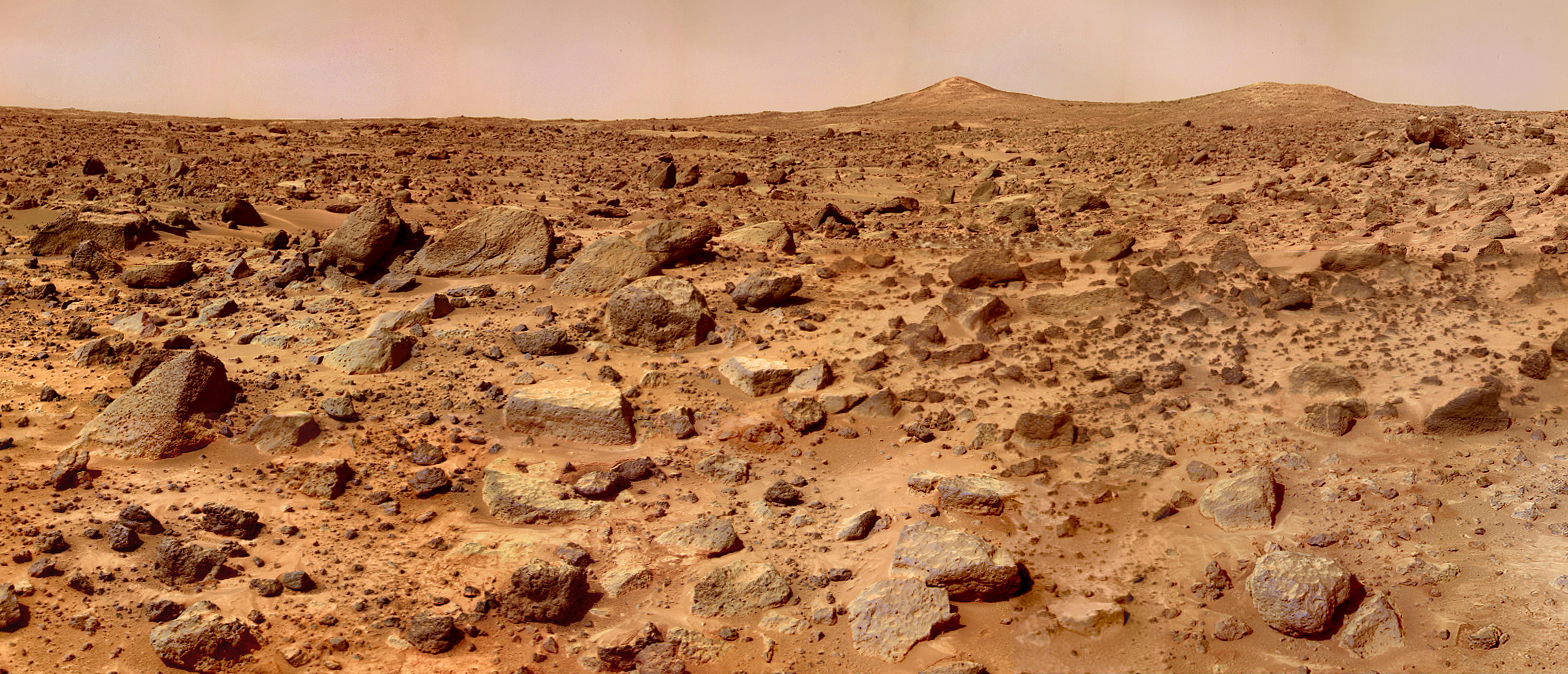NASA Is Putting Its Research Papers Online For Free

NASA announced that it’s making most of its publicly-funded research available online free of charge. It’s using a site called Pubspace where you can search peer-reviewed papers resulting from NASA-funded research on a wide variety of topics.
Do you want or need to read studies about the origins of life on Mars? Maybe you’d like to draw your own conclusions about the “Grand challenges in space synthetic biology?” Or learn about exercising in space? Previously you would have had to pay for access to this work, but today is your day as Pubspace already has over 850 articles posted, with more to come.
NASA Chief Scientist Ellen Stofan explained the reasoning involved in releasing the papers to the public:
“Making our research data easier to access will greatly magnify the impact of our research. As scientists and engineers, we work by building upon a foundation laid by others.”
NASA’s move is in response to a general worldwide trend towards making scientific knowledge more available as well as a 2013 directive from the White House Office of Science and Technology Policy to increase access to their research. NASA’s new policy will be to post all agency-funded research papers on Pubspace within a year of their publication.
The one big exception is any research related to national security.
In a press release, NASA Deputy Administrator Dava Newman further expounded on the far-reaching implications of the new scientific openness:
“At NASA, we are celebrating this opportunity to extend access to our extensive portfolio of scientific and technical publications. Through open access and innovation we invite the global community to join us in exploring Earth, air and space.”
So if you’re up for investigating the workings of “Stereoscopic Integrated Imaging Goggles for Multimodal Intraoperative Image Guidance” or have been wondering about the cardiovascular disease mortality of the Apollo lunar astronauts, you know where to go.





